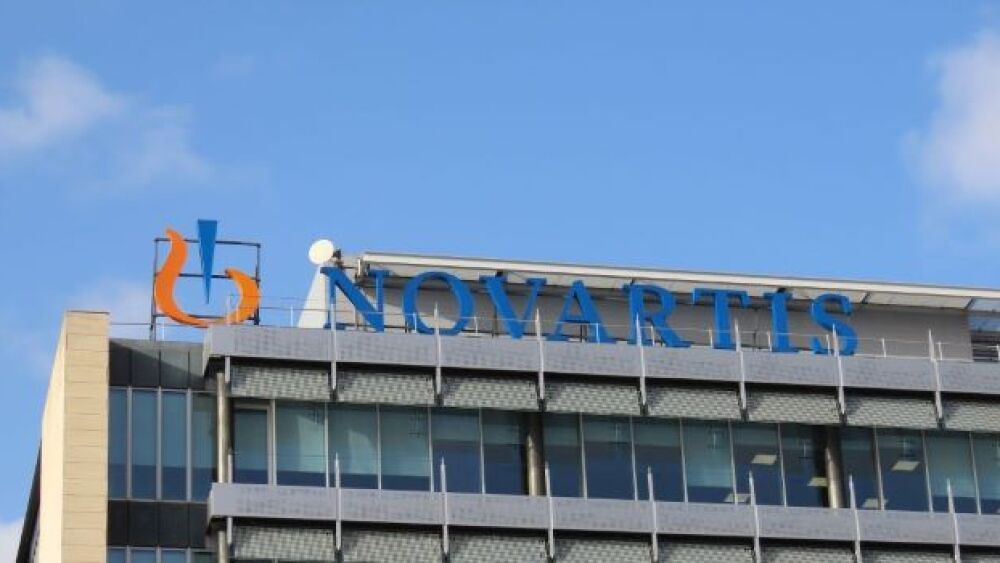Novartis’ Kisqali (ribociclib) plus the chemotherapy drug fulvestrant provided some post-menopausal breast cancer patients’ survival benefit of more than five-and-a-half years of life.
Courtesy of Cristina Arias/Getty Images
On Monday morning, Novartis’ announced positive news for patients with metastatic breast cancer. New data showed Kisqali (ribociclib), in combination with the chemotherapy drug fulvestrant, added nearly 16 months of survival benefit to the lives of patients compared to fulvestrant alone.
Novartis posted follow-up data from its Phase III Monaleesa-3 study that showed Kisqali and fulvestrant provided the additional lease on life as a first-line treatment for postmenopausal women diagnosed with hormone receptor-positive, human epidermal growth factor receptor-2 negative (HR+/HER2-) advanced or metastatic breast cancer. Novartis said Kisqali is the only CDK4/6 inhibitor-fulvestrant combination to demonstrate an overall survival benefit in this first-line setting.
The data is expected to be presented at the 2022 European Society of Medical Oncology (ESMO) Breast Cancer Congress. The final overall survival analysis demonstrated a statistically significant OS benefit. Also, the data showed the combination therapy offered a relative reduction in the risk of death by 28% compared to fulvestrant alone in the full population.
Jeff Legos, executive vice president and global head of oncology and hematology at Novartis, hailed the overall survival results from Monaleesa-3. Legos described the results as “remarkable.”
“The unique profile of Kisqali continues to be reinforced, with results from Monaleesa-3 pushing the boundaries of how using a Kisqali-combination treatment regimen can extend lives of postmenopausal women living with HR+/HER2- advanced breast cancer without compromising quality of life,” Legos said in a statement.
Novartis said Kisqali remains the only CDK4/6 inhibitor that has shown the longest median overall survival reported, and with consistent overall survival benefit across three Phase III trials. These results are regardless of combination partner, line of therapy, menopausal status, or site and number of metastases, the company said.
Kisqali was first approved by the FDA in March 2017 as a first-line treatment for postmenopausal women with hormone receptor positive, human epidermal growth factor receptor-2 negative (HR+/HER2-) advanced or metastatic breast cancer.
The updated analysis from Monaleesa-3 showed the combination of Kisqali plus fulvestrant provided patients with 67.6 months median overall survival, compared to 51.8 months for those patients who were treated with fulvestrant alone. Also, patients treated with the combination experienced more than one-and-a-half years of additional delay to subsequent use of chemotherapy, 49.2 months compared to 29 months, respectively, the company said.
The extended follow-up data showed that the estimated survival rate at five years was 56.5% for women who received the Kisqali fulvestrant combination as a first-line treatment compared to 42.1% for women who received fulvestrant alone. Also, Novartis said 16.5% of patients in the Kisqali plus fulvestrant arm were still ongoing on therapy at this longer follow-up compared to 8.6% of those in the fulvestrant only arm. No new adverse events were observed in the study, the company said.





